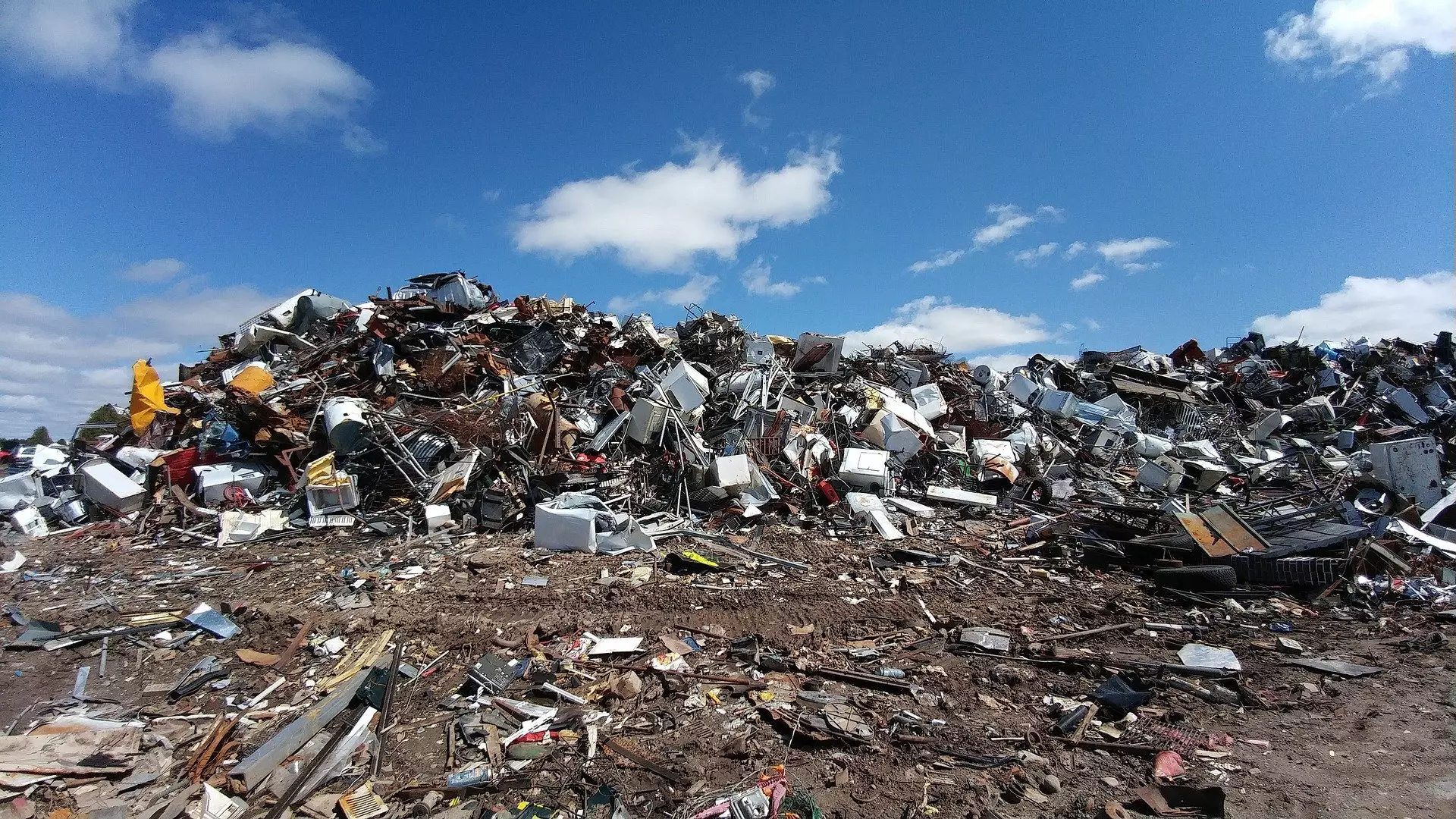The battle against methane emissions, a potent contributor to climate change, seems to be a losing one according to recent research. Despite the global pledge to reduce methane emissions by 30% over the next decade, data shows that methane emissions have been increasing at an alarming rate over the last five years. The implications of this trend are dire, with researchers warning that it is unsustainable if we want to preserve a habitable climate. The Global Carbon Project, led by Stanford University scientist Rob Jackson, has been monitoring greenhouse gas emissions globally and the results are concerning.
One of the key issues with methane is its potency as a greenhouse gas despite its short lifespan in the atmosphere. Methane is nearly 90 times more effective at trapping heat compared to carbon dioxide in the first 20 years after its release. This makes it a crucial target for immediate action in combating global warming. Despite efforts to focus on reducing methane emissions, the data shows a 20% increase in total annual methane emissions over the past two decades, largely driven by human activities such as coal mining, oil and gas production, agriculture, and waste decomposition.
The statistics paint a grim picture of global methane emissions, with nearly 65% of emissions in 2020 originating from human activities. While some regions like the European Union and Australia have managed to decrease methane emissions, others like China and southeast Asia have seen significant increases. This disparity highlights the challenges of achieving a global reduction in methane emissions when certain regions are moving in the opposite direction. It is clear that a unified and coordinated effort is needed to address this pressing issue.
Human activities play a critical role in the rise of methane emissions, particularly in sectors like agriculture and waste management. The data shows that emissions from these sectors have continued to increase, contributing to the overall methane burden in the atmosphere. Additionally, the impact of the COVID-19 pandemic on methane emissions is an interesting phenomenon, with lockdown measures leading to a temporary decline in transport-related emissions of nitrogen oxides. This reduction, however, only accounts for half of the increase in atmospheric methane concentrations in 2020, underscoring the complexity of the issue.
In a significant shift, the Global Carbon Project scientists have revisited their assessment of methane sources and sinks, incorporating human-influenced factors that were previously categorized as natural. For example, the construction of reservoirs by humans has led to a substantial increase in methane emissions as submerged organic matter decomposes. This reevaluation of methane sources highlights the need to consider the human impact on natural processes and the environment.
The ongoing challenge of methane emissions poses a significant threat to our climate and requires immediate and collective action. The current trajectory of rising methane emissions is unsustainable and jeopardizes our efforts to limit global warming. It is crucial for governments, industries, and individuals to prioritize the reduction of methane emissions and transition towards sustainable practices. Only through coordinated and effective measures can we hope to mitigate the impact of methane on our planet’s climate.

